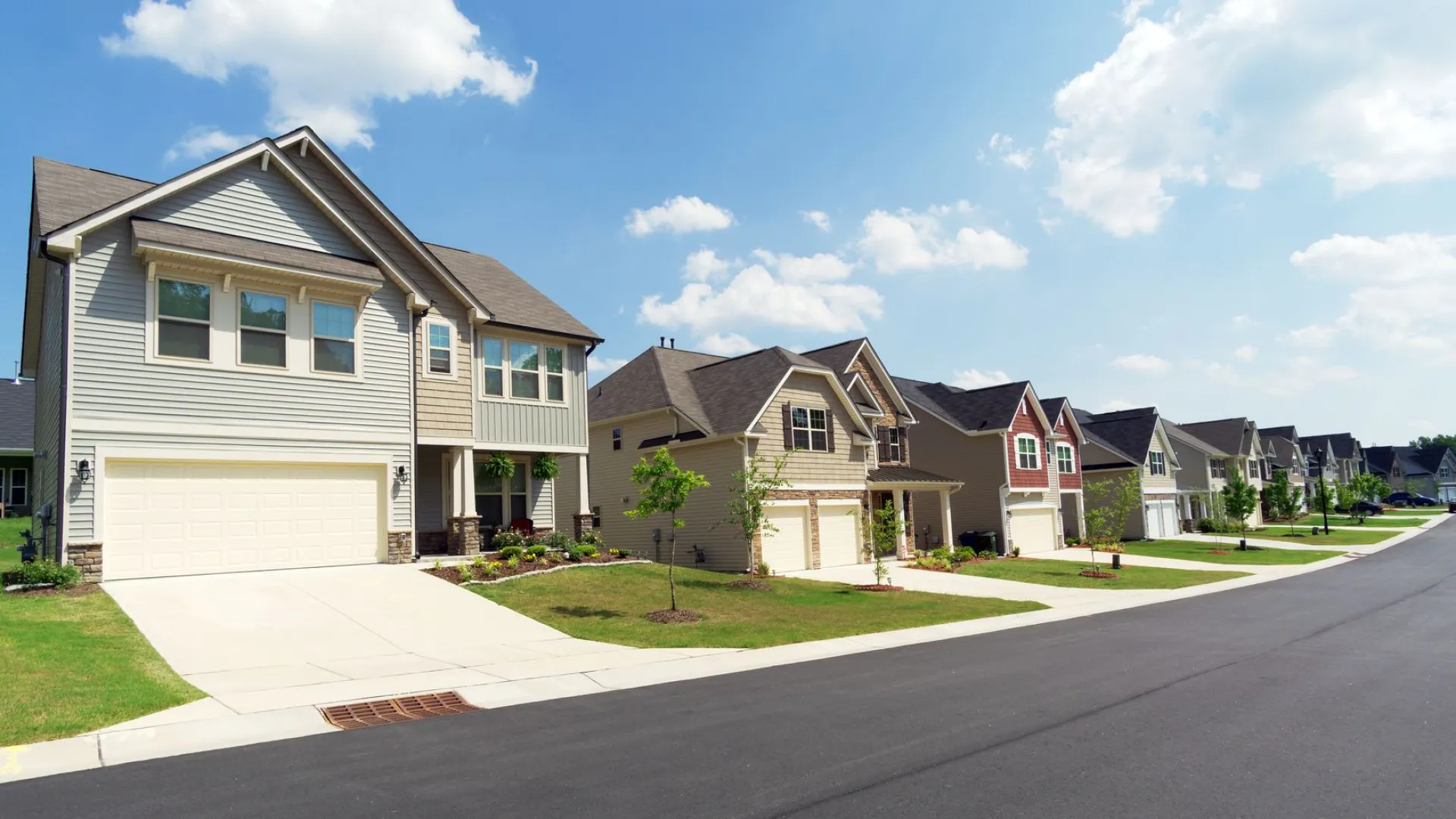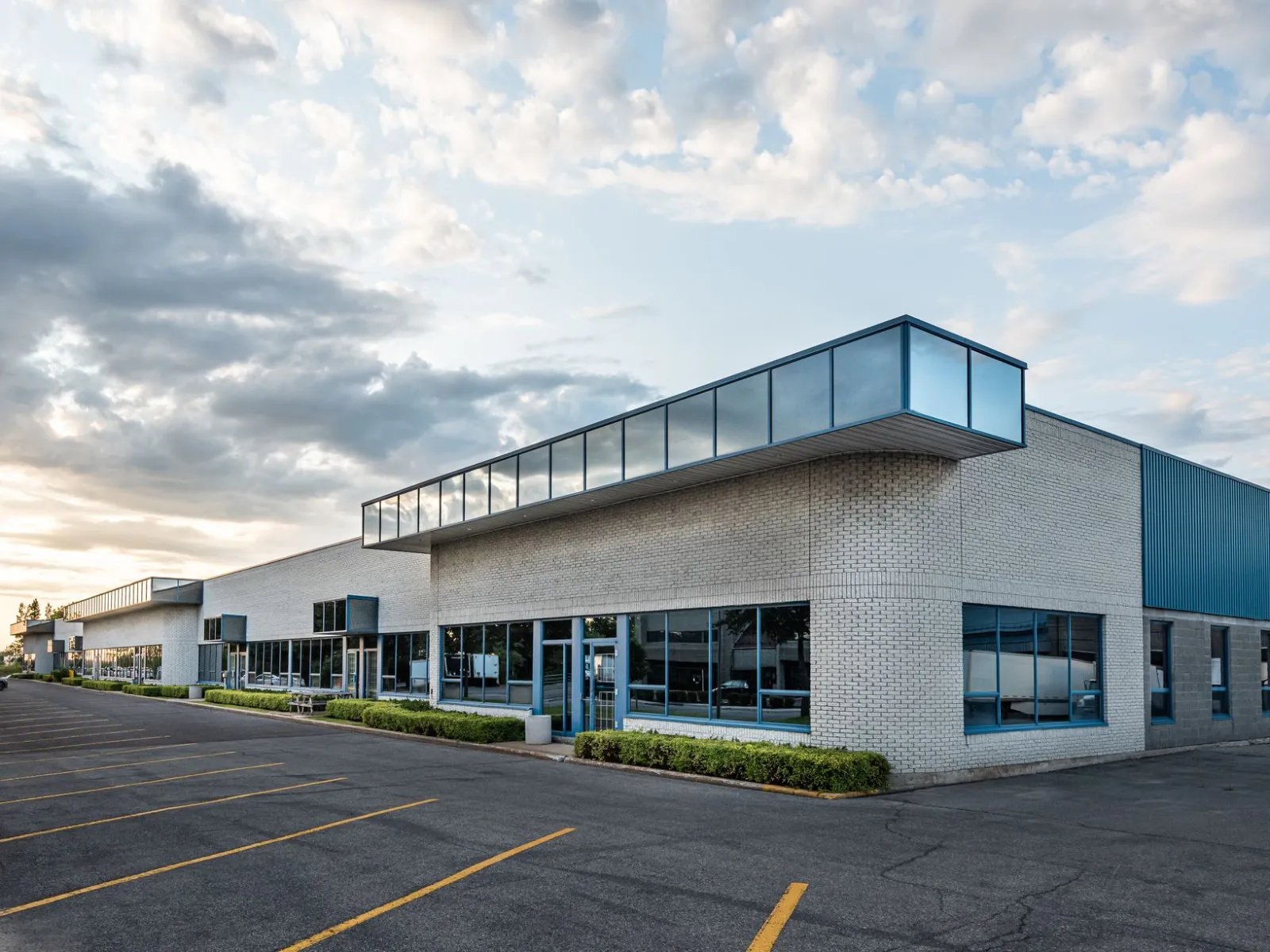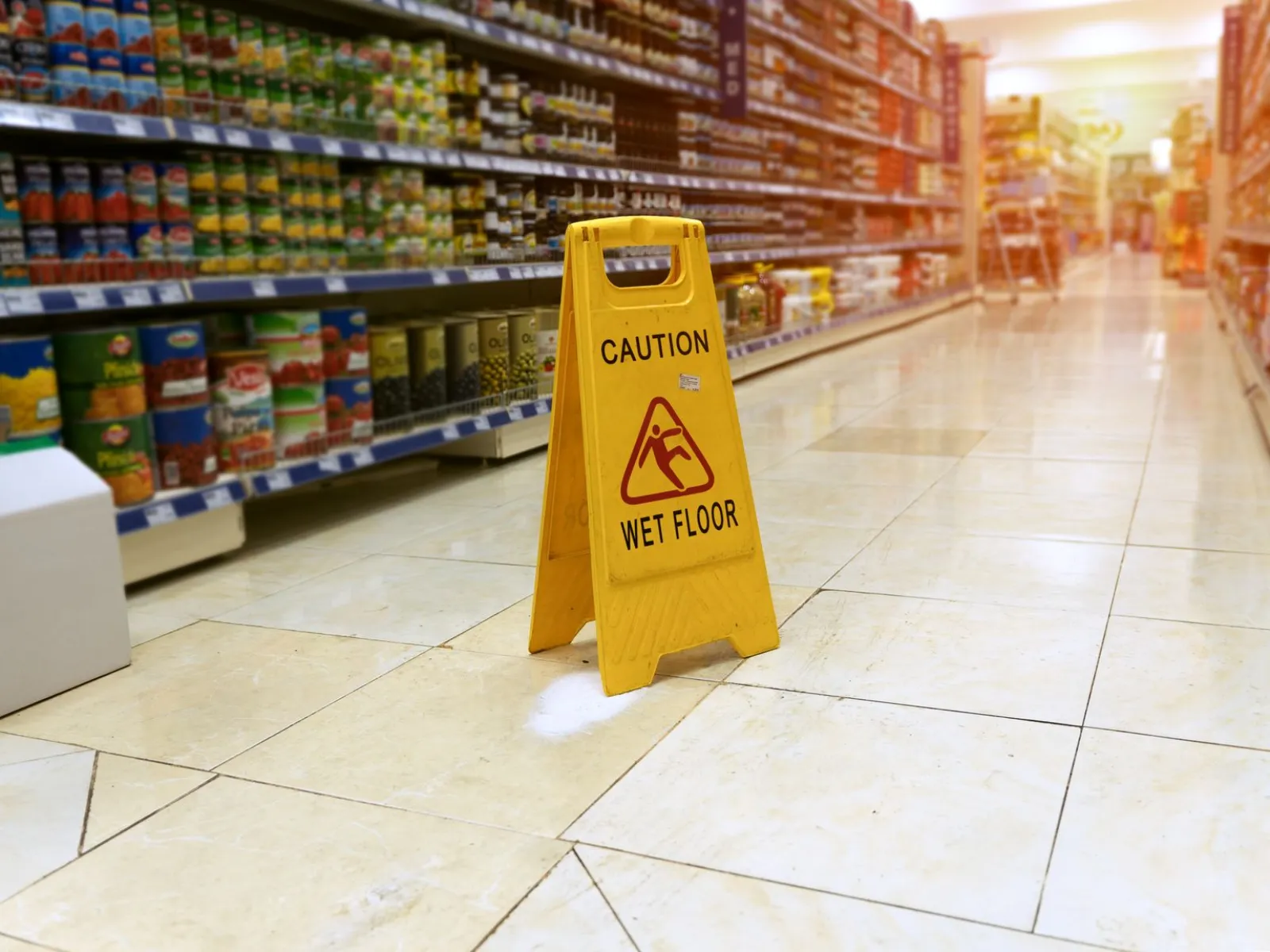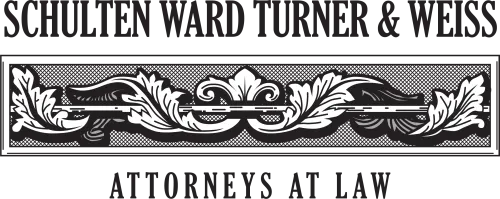
Premises Liability Claims

Premises Liability
Premises liability refers to claims that arise out of injuries to persons occurring on property owned or occupied by another. This can encompass many different factual scenarios, such as consumers injured at a store, swimming pool drownings, visitors injured on a homeowner's property, and negligent security claims where persons are injured by the criminal acts of third parties. Examples of negligent security claims include tenants, hotel guests or other business invitees injured due to assaults or shooting incidents. Work related injuries may include a premises liability claim when the employee is injured on property belonging to someone other than his or her employer. The common thread in all such cases is that the property owner or occupier (referred to below as "owners") must be shown by the claimant to have been negligent in some fashion. This is typically accomplished by showing that the owner had superior knowledge to the injured party of a hazardous condition on the premises.
A Key Factor
One key factor in premises liability cases is how the injured party is legally characterized at the time the injury occurred. The duty owed by the owner to the injured party varies depending upon the status of injured party at the time of injury. Persons on the property of another are usually categorized as trespassers, licensees or invitees.
The law affords the least protection to trespassers. Under Georgia law, an owner has no duty to anticipate trespassers or to keep the premises in a safe condition. The owner is prohibited from taking steps that are likely to injure a trespasser, such as creating pitfalls or mantraps. If an owner becomes aware of trespassers, or should anticipate their presence, then the owner has a duty to exercise ordinary care to avoid injuring the trespasser.
A licensee is a person who is not a business customer or contractually permitted user who is permitted to go on the premises solely for the licensee's own interests. An owner is liable to a licensee for willful or wanton injury, and the owner must not expose the licensee knowingly to an unreasonable risk of harm.
An owner owes the highest degree of care to an invitee, to whom the owner is liable for injuries caused by the failure to exercise ordinary care in keeping the premises and approaches safe. Georgia courts apply the "business relations" test to determine whether a plaintiff was an invitee or a licensee. If the plaintiff at the time of the injury had present business relations with the owner that would have rendered that presence of mutual aid or benefit to both, the plaintiff is an invitee.
In some cases the distinction between a licensee and an invitee is unclear, and the court's determination of that issue is critical to whether or not the injured party is permitted to recover.
Safety on Premises
The duty to provide adequate security against criminal acts is based on the owner's duty to exercise ordinary care in keeping premises and approaches safe. An owner must use due care to protect an invitee from injury caused by the misconduct of employees, customers and third persons when the owner had reasonable apprehension of danger, or if the injury could have been prevented by the owner through ordinary diligence. Relevant evidence in such cases may include prior criminal acts occurring on or in the vicinity of the property where the injury occurred. Property owners must be mindful of prior criminal activity and may be required to take steps to protect invitees from harm.
The most frequently litigated cases include consumer falls on business premises. A distinction exists when injuries occur due to a static condition or defect which is one that does not change, such as small cracks, holes, and uneven spots in pavement. Patrons are often barred from recovery in such cases on the basis that the defect is open and obvious to all, thus the proprietor lacks superior knowledge.

Slip & Fall
Slip and fall cases involving a foreign substance on the floor are analyzed differently than static defect cases. A business owner can be responsible for falls due to a foreign substance where employees have actual or constructive knowledge of the hazard. Constructive knowledge is a legal concept where knowledge is imputed to a party where the party is in a position to know and in the exercise of reasonable care should have known about a situation.
